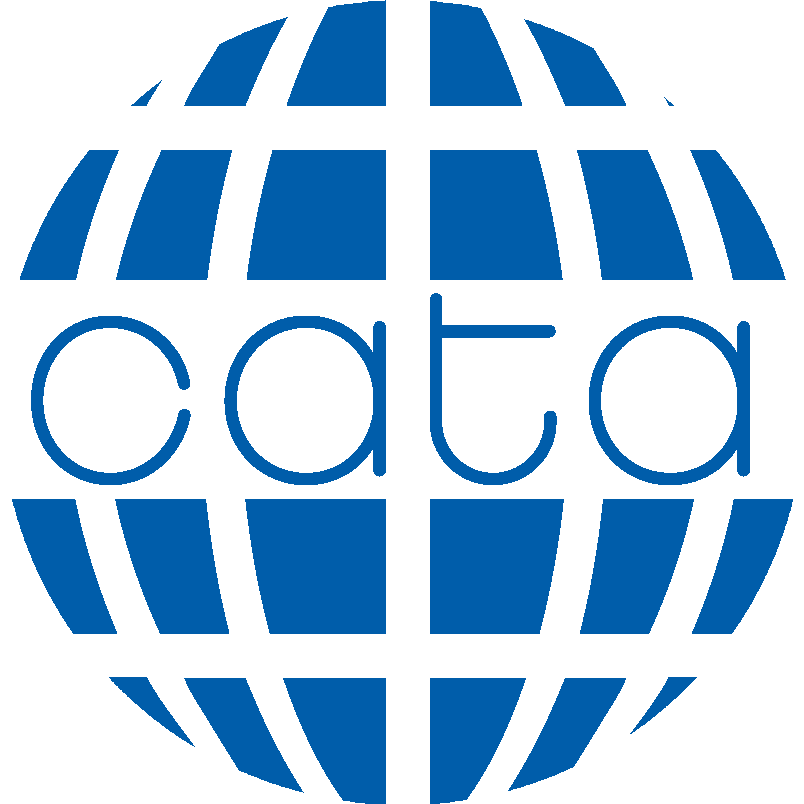Maldives: introduction of a plastic bag levy
By: Rauha Rasheed, Senior Tax Officer, International Relations & Cooperation, Maldives Inland Revenue Authority (MIRA)
INTRODUCTION:
The parliament of Maldives passed the Waste Management Bill, which includes a provision on collection of a tax equivalent to USD 0.13 (Maldivian Rufiyaa 2) from plastic bags sold or provided at points of sale. Maldives Inland Revenue Authority is in charge of collecting the levy from all businesses who supply plastic bags to customers at point of sale.
With this levy, Maldives intends to cease the detrimental environmental impacts caused by waste. Further, this levy serves the “Single-Use Plastic Phase-out Plan 2020-2003” introduced by the Ministry of Environment, Climate Change and Technology as an initiative to phase-out the production, import and sale of particular single use plastics in the Maldives while encouraging the use of sustainable alternatives.
ADMINISTRATIVE AND COMPLIANCE:
Businesses are required to commence collection of this tax from 18th April 2023. All businesses are required to include the amount levy in a separately identifiable way on their invoices and receipts.
The administrative and compliance requirements of this bill fall on businesses based in their registration status for Goods and Service Tax (GST). Any business registered in Maldives Inland Revenue Authority (MIRA) for GST are required to collect tax on plastic bags and pay the amounts to MIRA. Businesses are required make the plastic bag fee to MIRA in Maldivian Rufiyaa. The deadline for the submission of the information of Plastic Bag Fee collected is the same as the GST deadline for the respective GST registered person.
RECORD MAINTENANCE:
Records on the tax collected from plastic bags are required to be maintained for a minimum of 5-year periods.
EXEMPTIONS:
The following types of plastic bags will be exempt from Plastic Bag Fee.
· Plastic bags sold or provided free of charge by duty-free shops.
· Plastic bags used to carry any type of fresh unpackaged fish.
· “Bin liners” sold or supplied free of charge specifically for the purpose of waste disposal, by either a person who provides waste management services or another relevant authority.
CONCLUSION:
MIRA is currently conducting sessions and making necessary preparations to start campaigns to make the public aware of this new tax levy on plastic bags. Further, MIRA has formulated a plastic bag fee regulation to detail the provisions of the Waste Management Act. Through this new tax, government aims to reduce single use plastic bag consumption and encourage consumers to opt for more sustainable alternatives. The funds collected by MIRA from this tax will be deposited to the Maldives Green Fund.
